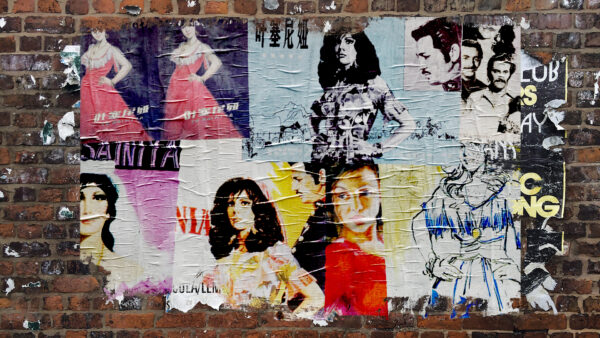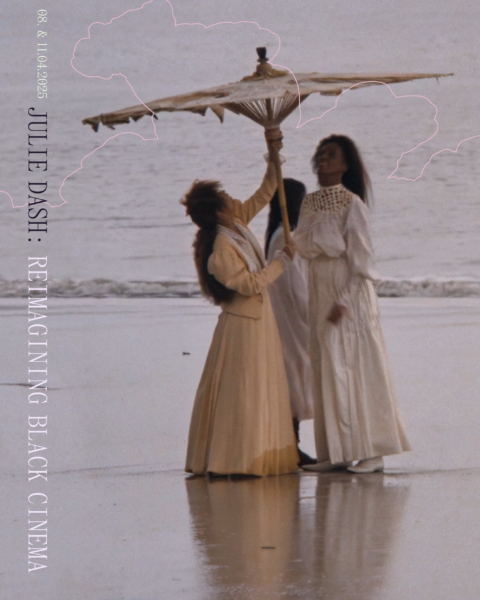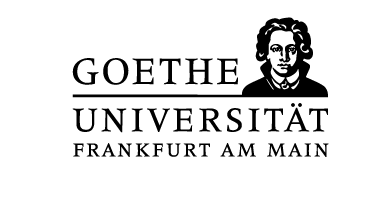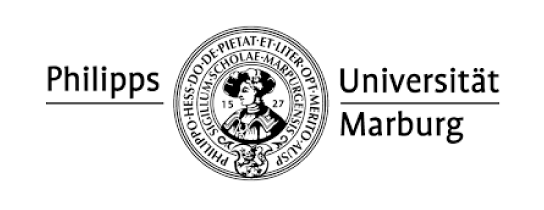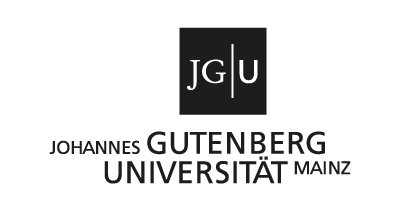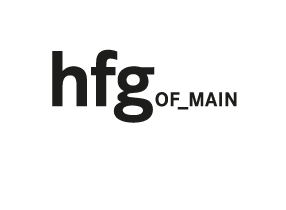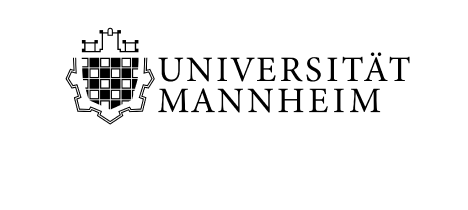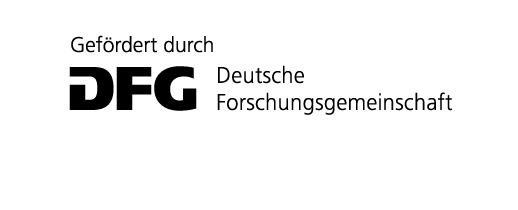Is it time to take the dubbed voice as seriously as we have taken many of the other technical and aesthetic elements of transnational cinema history? The business history of media distribution has provided some tools for understanding cinema in a dynamic of spatial origin and localization. Likewise with studies of cultural reception across borders, but cinema does not get from one to the other without considerable work. While that work might be historically overlooked within some academic institutions or made invisible (far below the line) within the hierarchies of large commercial media industries, this disregard is not evenly experienced around the world. Between the poles of distribution history and cultural reception were networks of performer-workers, sound engineers, and manufacturers of dubbing equipment whose labor gave structure, often conspicuously, to that vital property of the moving image: its ability to circulate. At a moment when digital forms of immersive dubbing have transformed longstanding norms in localization, what can attention to the early decades of dubbing, in places far from capital-intensive media centers, reveal about the sonic labor of localization?
Sound and voice studies, especially some of the esoteric subfields within, have more to offer than cinema and media histography has taken time to explore. If we consider for example, as the scholars of vocal timbre encourage us to do, the ways that collectivity and difference are produced through vocal timbre, then dubbing presents a standout object of inquiry. The talk will follow a few cases of collective voicing in the broadcast-cinematic cultures of 1960s Iran to their breathy and nasal extremes.
Kaveh Askari is Professor and Director of the Film Studies Program at Michigan State University. He is the author of Relaying Cinema in Midcentury Iran: Material Cultures in Transit (2022), which was awarded the 2023 Katherine Singer Kovács Society for Cinema and Media Studies Book Award and was longlisted for the 2023 Kraszna-Krausz Moving Image Book Award. Before this he authored Making Movies into Art: Picture Craft from the Magic Lantern to Early Hollywood (2014) and co-edited several volumes including a special issue of Film History titled South by South/West Asia: Transregional Histories of Middle East–South Asia Cinemas (2021) and Performing New Media, 1890-1915 (2014). He also has collaborated with curators and archives to preserve 16mm American amateur films and several features made in Iran in the 1950s and 1960s.

